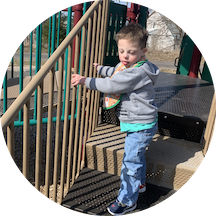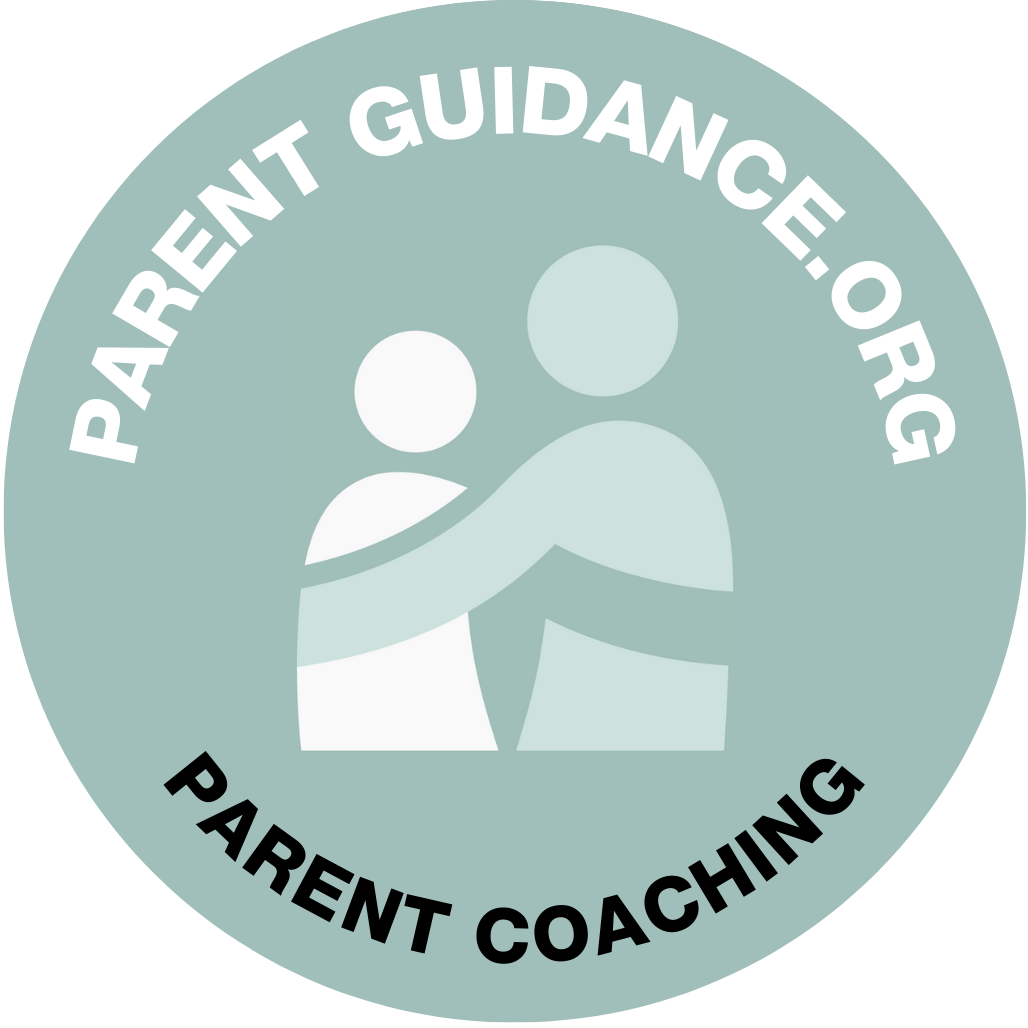What is EarlyOnⓇ?
EarlyOnⓇ is a free, state-wide program that helps support infants’ and toddlers’ early learning and development. We help parents and families in the community whose infants or toddlers have or are at risk for developmental delays by providing early intervention services.
What is Early Intervention?
Early intervention is a way of helping young children who are behind at reaching developmental milestones. It’s like special education, but it’s for infants and toddlers.
Early Intervention Services
We provide services for kids from birth to age 3 who have or are at risk for developmental delays. A developmental delay means it takes a child a little longer to learn basic skills, for example, talking, crawling, or walking.
Early intervention focuses on these skill areas:

Physical skills
Reaching, crawling, walking, drawing, building
Independence
Eating, getting dressed
Cognitive Skills
Thinking, learning, solving problems
Social or emotional skills
Playing, interacting with others
Communication skills
Talking, listening, understanding others
Do you have questions or need support?
We're here to help. Find information about where to start, how special education eligibility works, the evaluation process, and who to contact for help.


Resources
The statewide EarlyOnⓇ Central Directory connects families with local EarlyOnⓇ resources and many other community-based services.
Eligibility
Eligibility is based on learning, emotional, physical, communication, and developmental needs. Each child must be evaluated and determined eligible to receive services.
Infants and toddlers are eligible for services if they have a developmental delay or have been diagnosed with a medical condition that will likely bring about a developmental delay.
Referrals
Typically, a referral is made when a child doesn’t seem to be meeting developmental milestones. Anyone can make a referral for an EarlyOn evaluation, but they mostly come from families, physician’s offices, or community agencies.
Talk to your health care provider.
That may be a doctor or a nurse at a health care clinic or a hospital. These health care professionals see dozens of very young kids, and they know what’s typical and what’s not, and they can give you a referral for an evaluation.
Contact EarlyOnⓇ directly.
Call the EarlyOn® referral line: 1.800.EARLYON (1.800.327.5966) or complete one of these referral forms:
- Referral Form (Online)
- Referral Form (Fax or Mail)
Once we receive a referral, one of our EarlyOn specialists (also called a primary service provider) will contact the parents or caregivers to schedule an evaluation.
Evaluation Process
Once we receive a referral, one of our EarlyOn specialists (also called a primary service provider) will contact the parents or caregivers to schedule an evaluation.
If your child is eligible to receive services, our EarlyOnⓇ Team will work with you and your child to develop a plan written specifically for you and your child based on the changes you want to see for your child. It will also detail the supports and services your child and family will receive, including who will be delivering the services, where, when, how often, and how long.
Your plan can change as your child’s, and family’s needs change.
Home Visits
Natural environments help your child stay engaged in learning new skills. For young children with developmental delays or learning and thinking differences, this is even more important so they can get the very most out of early intervention services.
What Makes Up a Natural Environment?
A natural environment includes where your child lives and plays. But it’s more than just a child's surroundings. It's also the people and routines that are part of their daily lives.
Settings such as:
-
Your home or backyard
-
A relative’s home
-
A child-care site
-
A park
Materials found in your child’s environment such as:
-
Toys
-
Books
-
Swings
-
Grass
-
Spoons
People such as:
-
Parents
-
Brothers and sisters
-
Neighbors
-
Teachers
-
Friends
Activities such as:
-
Eating snacks
-
Bathing or dressing
-
Playing
-
Reading
-
Walking the dog
-
Going to the grocery store
There are certain situations when we’re not able to provide at-home services for a child. These would be situations where services might require special equipment that is only available in a clinic or hospital or a group setting that looks and feel like a playgroup.
Specialists Who Work with Babies and Toddlers
Speech-Language Pathologists
Speech-Language Pathologists help with communication skills. They provide services to help with any delays in language, speech, beginning literacy and feeding or swallowing.
Physical Therapists
Physical Therapists help kids improve their movement and gross motor skills. This includes addressing any problems with balance, strength, and coordination.
Occupational Therapists
Occupational Therapists can help with fine motor skills, like grasping small objects. They also can help with cognitive, sensory processing, communication, and play skills. They may teach you how to adapt your home and teach your child feeding and self-care skills.
Psychologists
Psychologists and other family counselors help you with your child’s behavior, mental health, and learning. They help your child learn how to express and regulate emotions, form close relationships, and explore the world around them.
Audiologists
Audiologists test to see if your child has any hearing loss. If so, they can provide lip-reading training, hearing devices, or other services related to hearing and communication.
Social Workers
Social workers may evaluate your child’s social and emotional development. They also help you find resources your child needs.
Vision Specialists
Vision specialists can assess problems with vision and teach eye exercises if needed. They refer your child for any needed medical or professional services.


